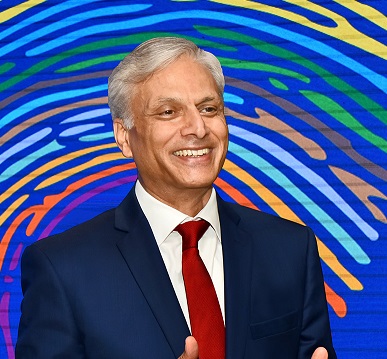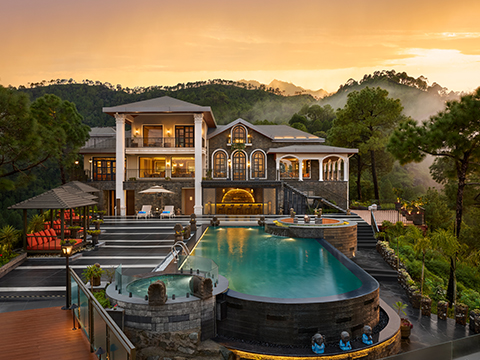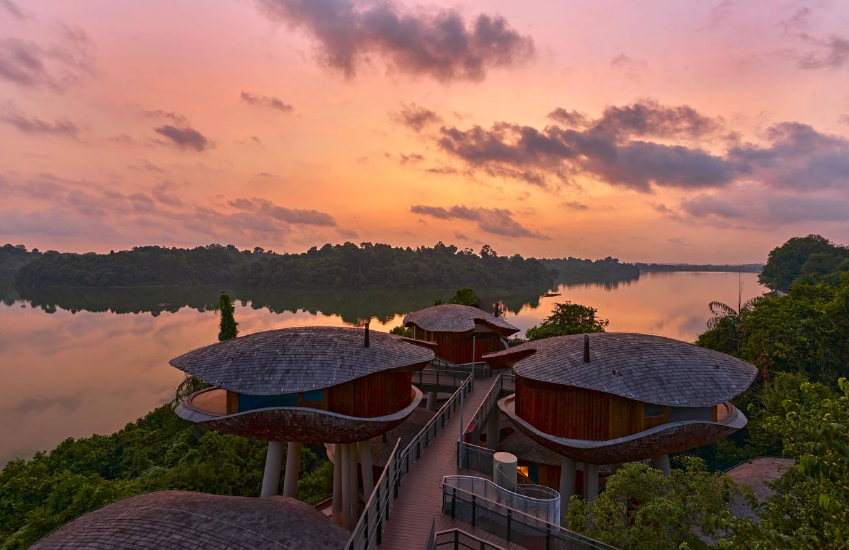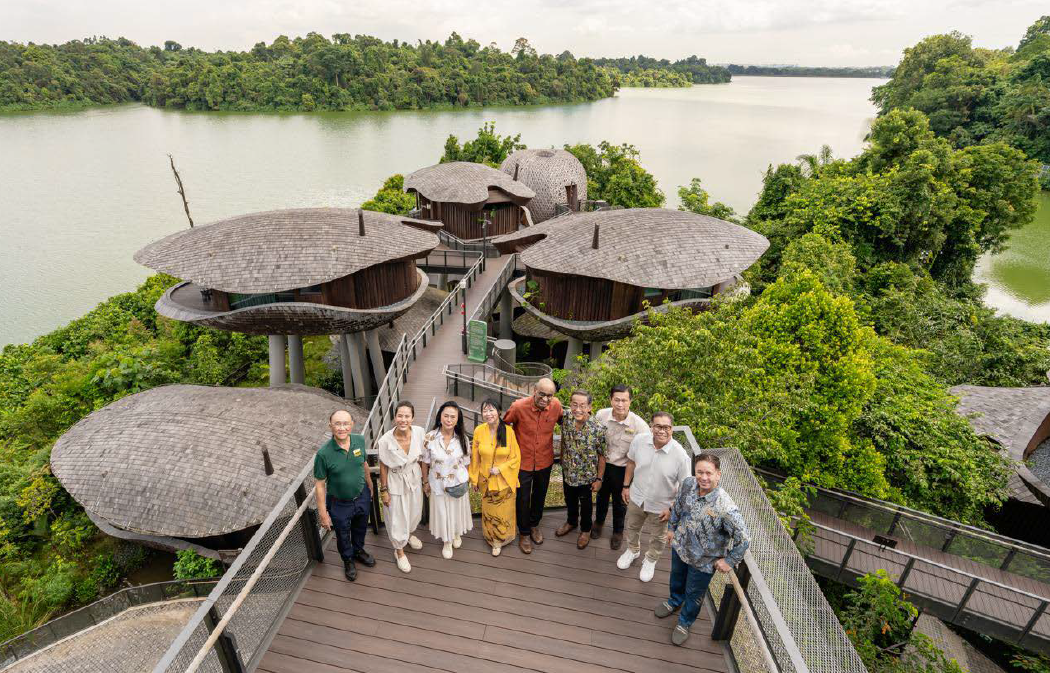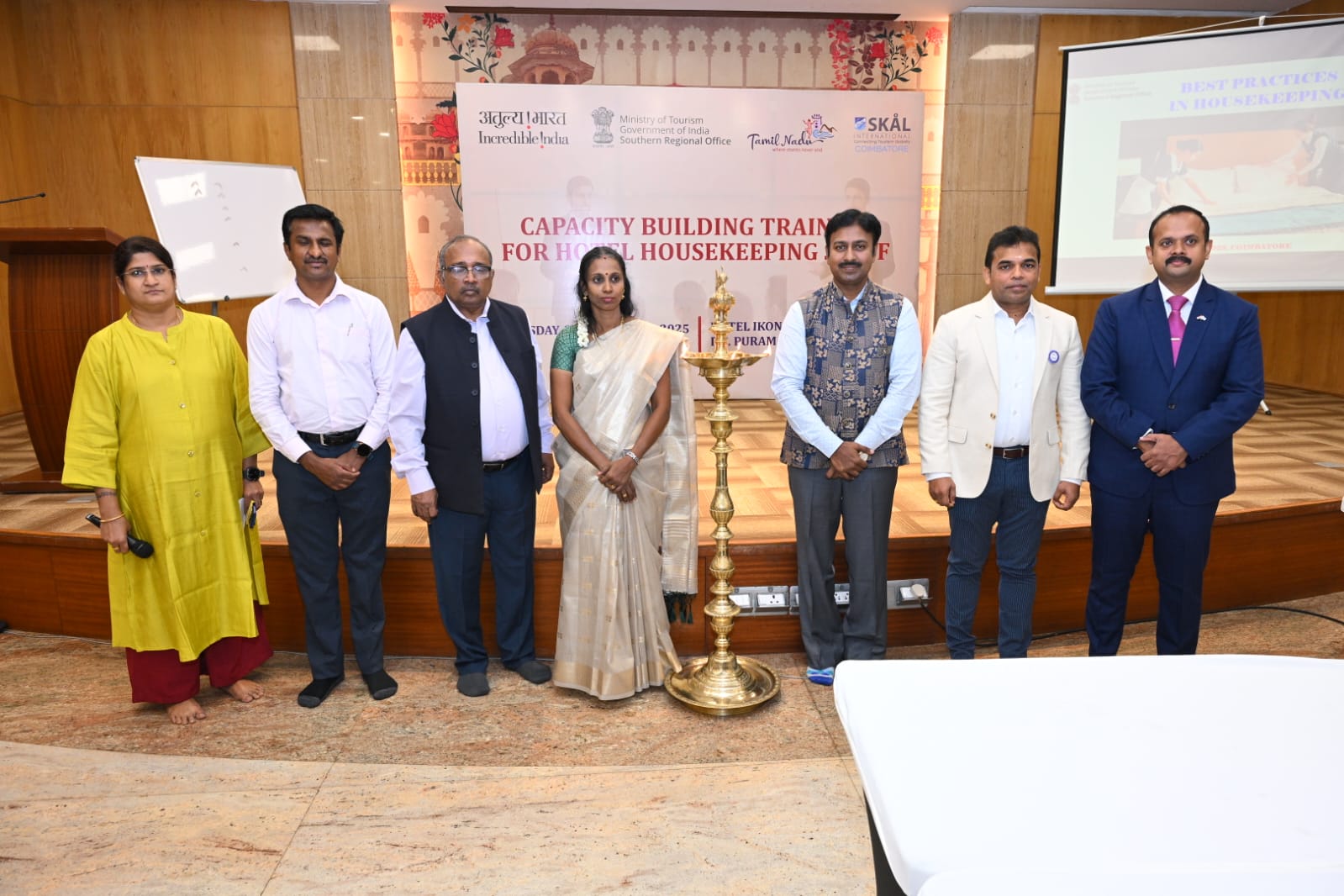Sarovar Hotels & Resorts has gradually expanded in East Africa and India. Ajay K Bakaya, Managing Director of the group, tells us why Africa was a chosen spot for international expansion.
Anupriya Bishnoi
What helps you single-out an international location for expansion?
Sarovar has been international for almost 20 years now. We started in a small way in Tanzania and then got rather serious about Africa, more precisely English-speaking East Africa, about 10 years ago. We have had our hits and misses; it’s a more challenging environment than India, where people know who we are. We developed some hotels but lost them after two to three years for different reasons. Sarovar is now operating in Nairobi (Kenya), Lusaka (Zambia), and has projects coming up in Axum (Ethiopia) and Somaliland. Now, how do we choose where to go? Honestly, we don’t. Opportunities come to us, we deliberate, and wherever we feel we can add strong value, we go ahead.
Why Africa for Sarovar?
I think it’s because we understand the continent more than our competition does. The potential is colossal. We choose youngsters for design, development, and areas of operation, to go to Africa. We would love to go to the Middle East; we’ve had very little success there but now we are working harder than before.
With an influx of hospitality brands in India in the recent past, do you think there is enough business for everyone?
India is still undersupplied and that has not changed. We have seen the number of hotel rooms go from 45,000 to 150,000, but for a country like India, this is extremely poor. That number is bound to grow! The economy is growing, the country is growing, the
middle-class is growing, and tourists coming into the country have grown double-digit. It’s fascinating seeing that guests finally have the choice of good hotels and good rates. Everyone needs to operate smarter and provide better experiences. We, too, have grown between six and seven per cent in terms of total revenue.
Where can we see new Sarovar properties?
We will be coming up with properties in Gorakhpur, Katra, Dehradun, Dahisar, Jammu, Goa, Dibrugarh, Morbi, Junagarh, Dalhousie, Bodhgaya, and Jalandhar. Also, the places we would really like to be in are Varanasi, Bhopal, and Patna.
Which cities are performing the best for Sarovar Hotels & Resorts?
For us, Bengaluru is number one, Hyderabad is number two, and Mumbai is number three. In all these cities, we have the domination of business clients.
What works better for you – Greenfield or brownfield projects?
We do Greenfield, we do brownfield, and we do conversion of existing hotels. In an ideal situation, however, we would prefer a Greenfield project because we can then build a more efficient hotel, one that benefits us, our owners, and the customer.
Are you a believer in standardisation of hotel properties across cities?
Honestly, I don’t think they are very different, barring public areas, of course, because they are going to be conceptualised by different designers. When it comes to hotel rooms, the larger the hotel chain, the larger the standardisation. It can’t operate any other way. It’s alright if you are a 20-hotel group, but anything above that needs a high level of standardisation. In my opinion, the design needs to bring in the local elements while being imaginative.


